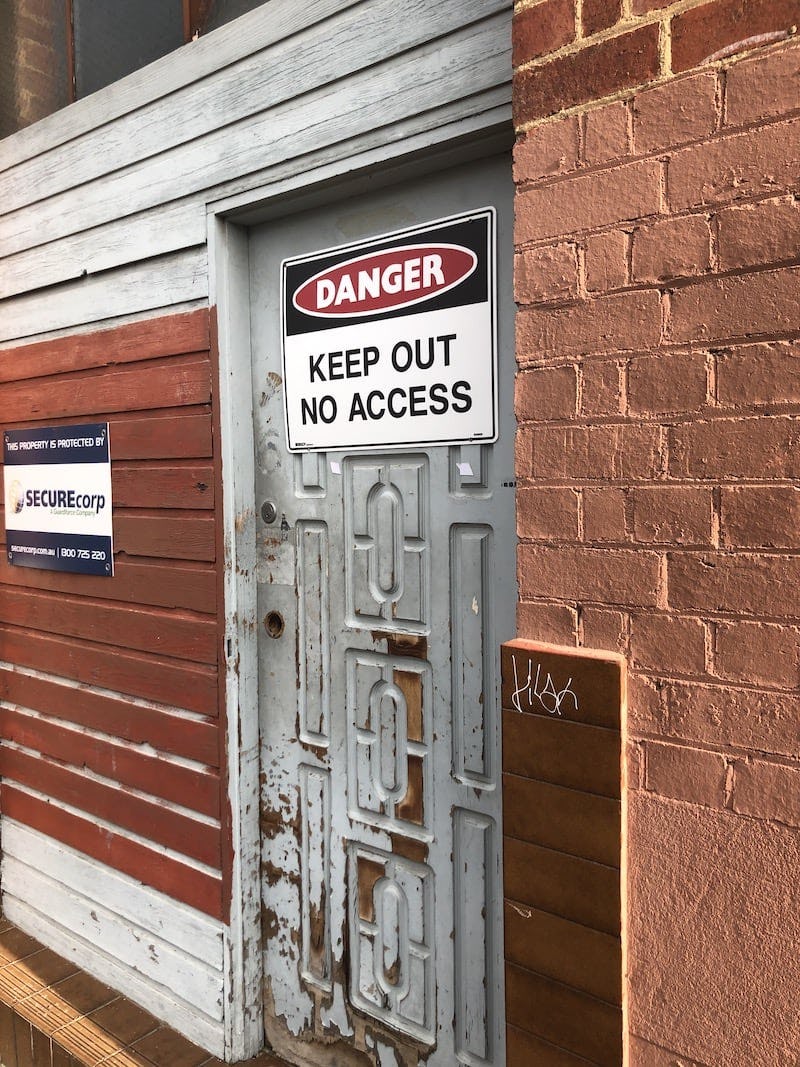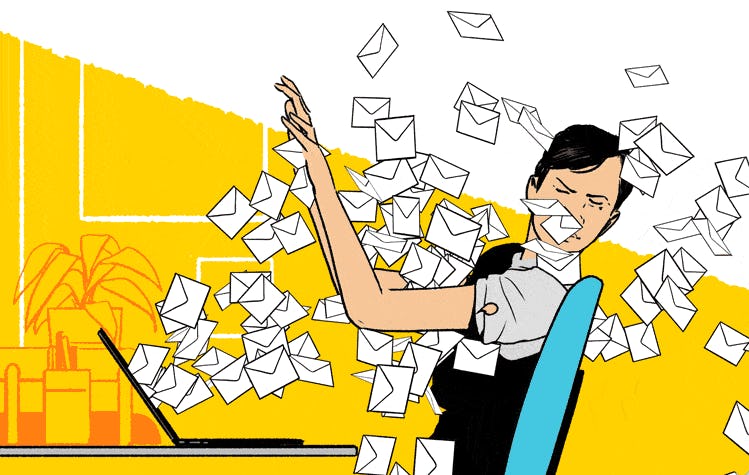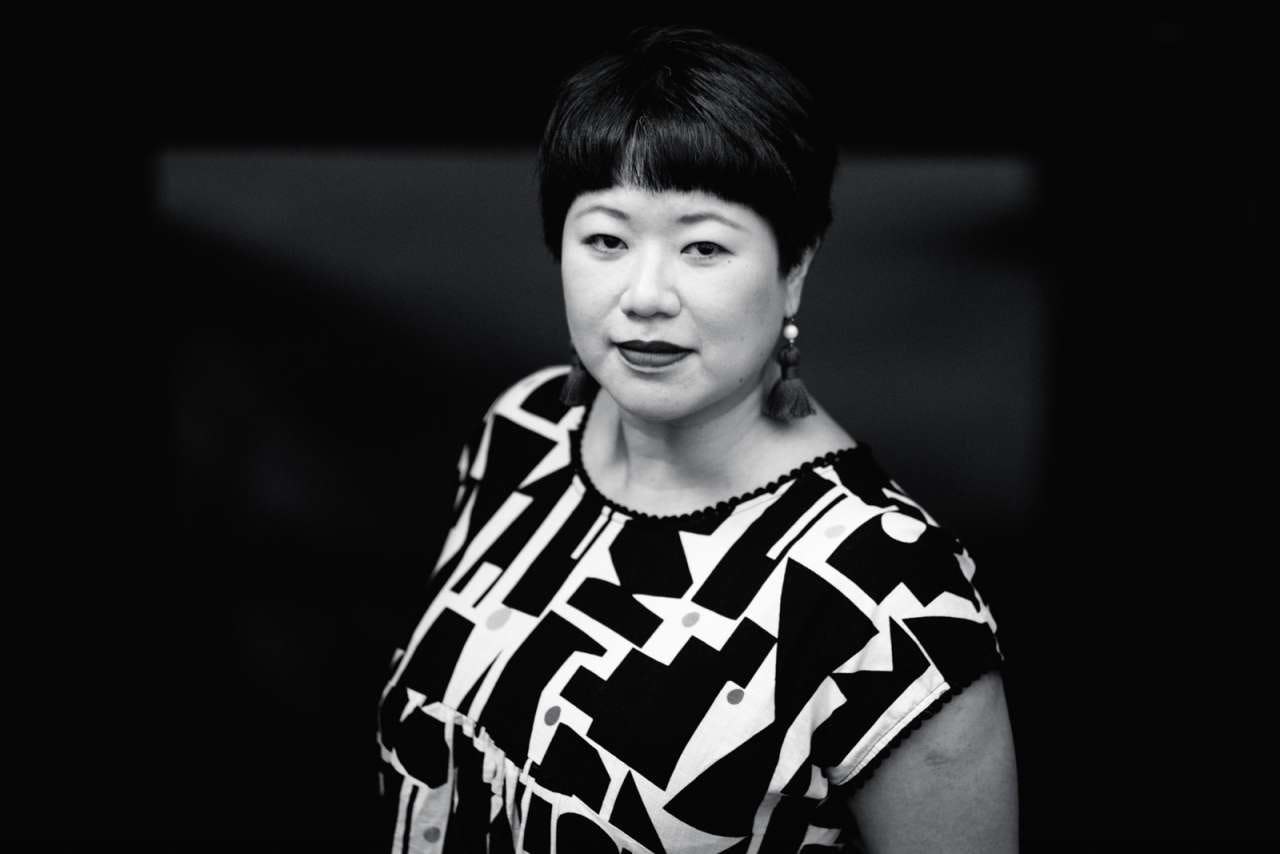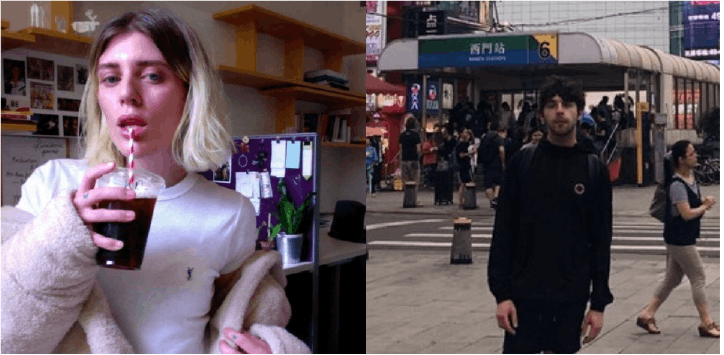Break Down or Out?
Tiffany Tsao • 12 November 2021
What happens when systems purportedly designed to support human flourishing end up suffocating us instead? Is there a way to fix them? Is there a way out? This issue of The Circular pulls together writing that is weary and wary – of an unjust justice system; of commercialism and capitalism disguised as creativity and organic life; of endless emails; of paddling frantically, trying to not drown.
We open with an important piece of journalism from Amy McQuire on the death of Gomeroi man Mark Mason Sr. ten years ago in police custody. After interviewing the victim’s family and reconstructing the events around his murder, McQuire observes: 'a system that tells us there is only one form of "justice"...sees our deaths at the hands of police as "legitimate"'. A protest was held yesterday for Mark Mason Sr. outside NSW Parliament House.
There are two pieces from un Magazine – on the depressing state of urban planning by Timmah Ball and on the draining task of applying for arts funding by Jinghua Qian. We really liked both and couldn’t choose between them.
We can all agree there is too much email (says the e-newsletter cluttering up your inbox). Benjamin Clark writes on the harmfulness of contemporary work-email culture and what some companies are doing to opt out. Thank you to Kill Your Darlings for making the piece open access for the next two weeks!
Eileen Chong’s poetry-infused piece for Writing NSW’s Writing and Resilience series lays bare how tiring, how dangerous, and how miraculous the business of survival, of living, of growing is.
This edition also marks the start of our Writer & Writer series, which compiles interesting conversations between...you guessed it, writers and writers. Kicking off the series is Paul Dalla Rosa chatting with Emma Marie Jones for his Substack newsletter Bad Artist Statements.
Shattered Glass: The Death In Custody of Mark Mason Snr
Amy McQuire, Presence, November 2021
'This is a story that I’ve wanted to write for 11 years. It’s the story of Gomeroi man Mark Mason Snr, who was shot by a police officer in Collerenebri in November, 2011. Now the 11th anniversary of Mark’s death comes in the same week as two other tragedies - yesterday news broke that another Gomeroi man was shot by police in Sydney. And there was yet another death in custody at Shortland correctional unit. I was also supposed to publish this piece two weeks ago, but then news broke that the police officer who shot Aboriginal woman JC in Geraldton walked free from charges of murder.'

Blueprint for Another World
Timmah Ball, un Magazine, 2020
Is the best way to create a new world to work through broken but powerful systems, or to exit and oppose them? Timmah Ball reflects on her disillusioning experiences in urban planning and the productivity or lack thereof of 'creating in the negative, adopting a permanent critical position to imagine another world'. (Note on access: this essay is available in audio format.)
'The only way through is in the belly of the architect. To physically slip into the schemes and acts that dispossess us in order to write a new zone from within. It is possible, I’ve seen it happen...But I hesitate for too long, concerned that if I enter I might never come out again.'
I Can’t Apply for Another Grant
Jinghua Qian, un Magazine, 2020
'Arts funding is a cancer. Applying for it has become its own job, a job no one enjoys or wants. I’m not sure that anyone is even funding the arts, really — it feels more like art happens by accident as a decorative footnote to the work of endless applications, assessments, acquittals and evaluations. I’m sure some of these elements were once designed as accountability mechanisms, but they have grown monstrously out of control.'
Is there a way to fund the arts that doesn’t make artists exhausted and demoralised and that doesn’t reduce art-making to a matter of 'merit'? (Note on access: this essay is available in audio format.)

In Pursuit of a World Without Email
Benjamin Clark, Kill Your Darlings, May 2021
Benjamin Clark provides a useful rundown on recent literature about modern-day work email culture and the strain it puts on our mental health. But are emails merely a symptom of a larger underlying problem? (Spoiler: the answer is yes.)
'By activating our innate sociability whilst unnaturally fragmenting our thought processes, email induces what Newport calls "the hyperactive hive mind". We feel compelled to reply so as not to appear rude or lazy, but pulling our attention in every which direction leaves us exhausted and unfocused. As Postman warned, it unravels our capacity to think.'

Eileen Chong on beauty and truth: a poetics of resistance
Eileen Chong, Writing NSW, May 2021
Alternating between snippets of poems by others and deeply personal memories and thoughts, Eileen Chong paints a landscape of individual life somehow surviving enmeshed in larger, oppressive networks.
'I am tired of running. My earliest memory is that of being carried while my mother ran, the world blurring by. What do we run from? Stones cut our feet so deeply that the roads we walk are all stained with blood. My mother shows me a scan, and points to a dark shadow where a hole has opened up in her left ventricular chamber. Perhaps it was always there. Her heart keeps on beating. Whole forests are watered by our sweat, by our tears.'

WRITER & WRITER: Emma Marie Jones & Paul Dalla Rosa
Emma Marie Jones & Paul Dalla Rosa, Bad Artist Statements, October 2021
Wherein Melbourne-based writers Paul Dalla Rosa and Emma Marie Jones – who are also friends in real life – talk about the collapsing system of academia, the infantilisation of culture, and the numbing effects of hyperreality.
PDR: … sometimes I want to watch a film, and I really love watching Éric Rohmer films, so I'll load one up and I'll have it ready to go, and then something stops me. I'll be like, no, then I'll just put on, you know, Keeping Up with the Kardashians.
EMJ: ...We're all being constantly primed to always choose the path of least resistance. And I mean, I think the other thing is that a lot of contemporary TV shows, movies, whatever, even art, is that it's actually designed for you to really only give it half of your attention. It's almost like the people who are making them say, we know you're actually looking at your phone so we've designed it for that, and then in moments where like there's a sound effect or something, you look up at the screen and absorb what's happening, and then you can drift back to your other screen.
PDR: Yeah, it's ambient.
EMJ: It's designed to allow you to keep half of your attention on something else because it assumes that's what you're doing already. And maybe you can't resist it because that's ultimately what you really want.
Mark your calendars! The new bi-annual literary publication Kalliope X is launching next week on 17 November. Their ethos: 'Challenging the dominant literary imaginary by building a forum to encourage, engage and exchange with writers of different diasporas and communities.’
Our warmest congratulations to Eloise Grills for winning this year’s Melbourne Prize for Literature Writer’s Prize with her essay 'The Fat Bitch in Art’.
You may have noticed that we’ve been featuring work from Substack newsletters. If you have any favourite ones that you think we’d love, do send recommendations to editor@thecircular.com.au. And if you’re enjoying The Circular and know someone else who might too, forward this issue to them and invite them to subscribe. See you next Friday with our avian edition!